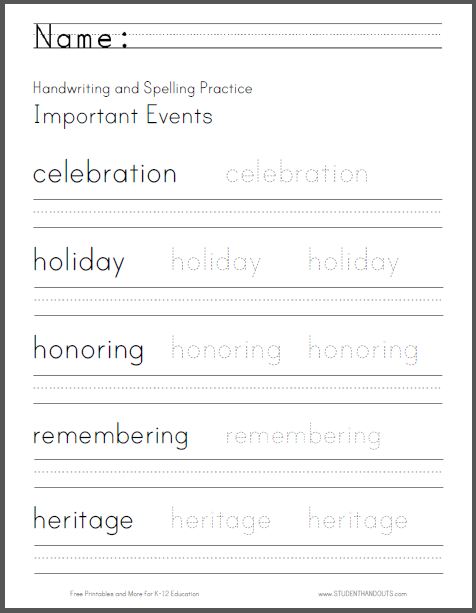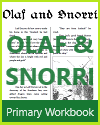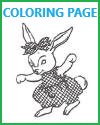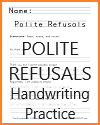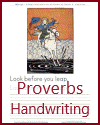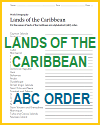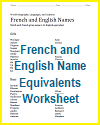It is important that primary students learn the vocabulary terms used when writing about important events to enhance their ability to understand and articulate complex ideas effectively. Mastering relevant vocabulary allows students to describe events accurately, providing clarity and precision in their communication. This skill is crucial for academic success, as it enables students to engage with and comprehend historical texts, news articles, and other informational materials.
Learning specific vocabulary also helps students develop critical thinking skills. When students understand terms like "chronology," "significance," "cause," and "effect," they can better analyze and interpret events, understanding not just what happened, but why it happened and its impact. This deeper comprehension fosters a more nuanced and informed perspective, encouraging students to think beyond surface details.
Moreover, being proficient in the vocabulary associated with important events prepares students for higher levels of education and civic engagement. It equips them with the tools to participate in discussions, debates, and written assignments about historical and current events, fostering a sense of confidence and competence. Ultimately, this foundational skill set contributes to their overall literacy development and empowers them to become informed, articulate, and active participants in society.
|
